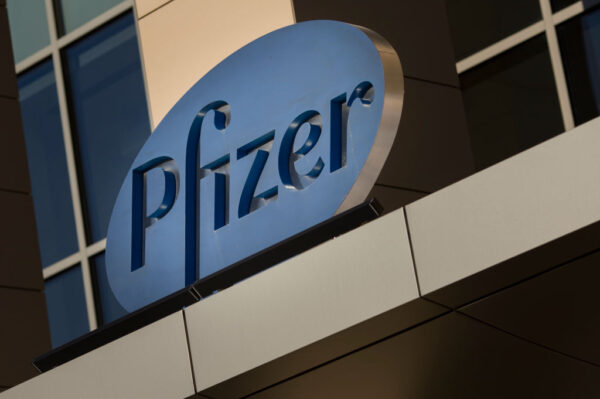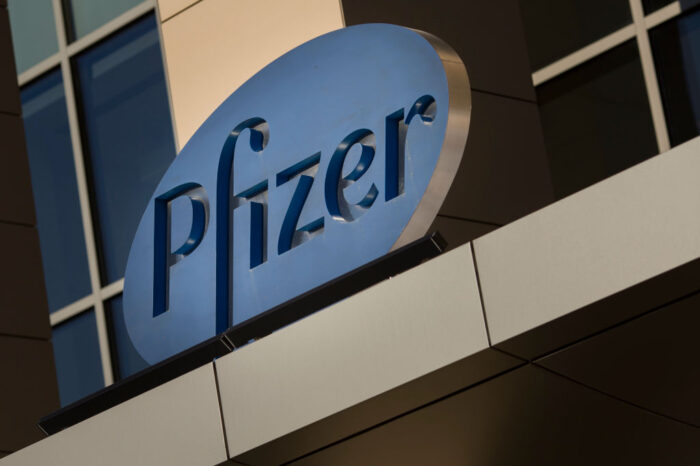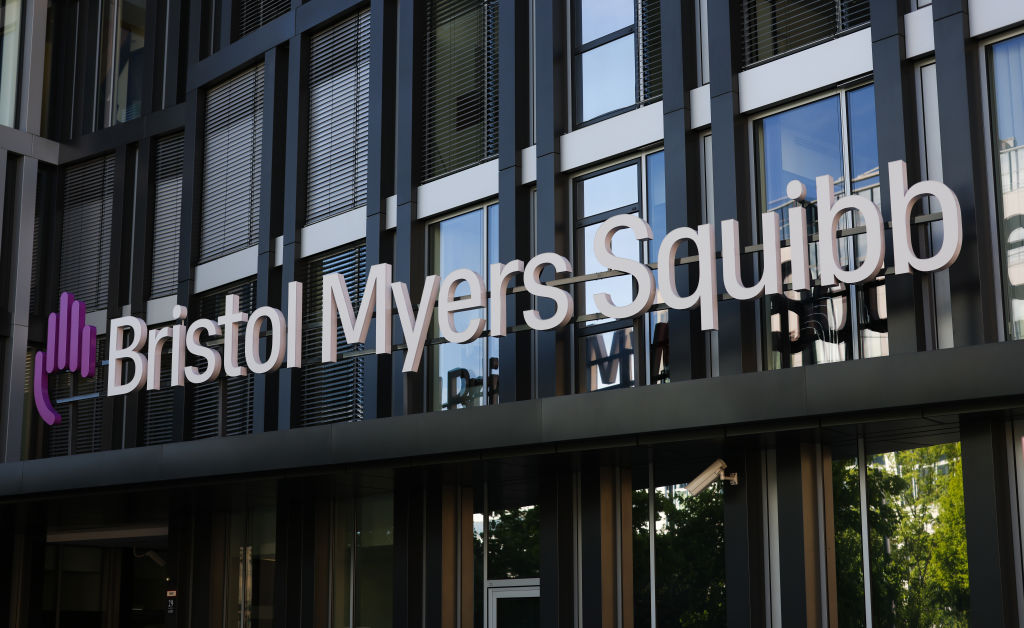

A Pfizer gene therapy clinical trial that was halted late last year after a patient death is now clear to resume. The FDA has lifted the clinical hold on the pivotal Duchenne muscular dystrophy study, which will now proceed in a more limited way and with new safety measures.
Going forward, the Pfizer gene therapy fordadistrogene movaparvovec will only be tested in Duchenne patients who still have the ability to walk. The death reported last December was from the Phase 1b part of the program in a group of patients at a more advanced stage of the muscle-wasting disease. These patients, who had already lost the ability to walk, had been given a higher dose of the gene therapy.

Using Informed Awareness to Transform Care Coordination and Improve the Clinical and Patient Experience
This eBook, in collaboration with Care Logistics, details how hospitals and health systems can facilitate more effective decision-making by operationalizing elevated awareness.
Pfizer said Thursday that it has addressed the FDA’s requests for tests of the gene therapy’s potency. The drugmaker is also amending the clinical trial protocol, which now requires patients to remain hospitalized for one week after dosing so that they can be monitored.
“This protocol amendment was put forward out of an abundance of caution with patient safety top of mind and will enable investigators to closely monitor patients and manage any potential events moving forward,” Pfizer said in a letter sent to the Duchenne community and posted online by the group Parent Project Muscular Dystrophy.
Duchenne stems from a genetic mutation that affects the body’s ability to make dystrophin, an important muscle protein. The disorder leads to progressively worsening weakness of skeletal and heart muscle. Patients typically live only into their 20s. FDA-approved treatments from Sarepta Therapeutics and NS Pharma can slow the disease’s progression, but these drugs only cover patients with certain genetic profiles. The Pfizer gene therapy delivers a version of the gene for producing dystrophin. It’s intended to restore some production of that muscle protein and offers a potential one-time treatment.
Pfizer is not the only company taking a genetic medicines approach to Duchenne. Solid Biosciences’ lead gene therapy candidate, SGT-001, is in Phase 1/2 testing. Solid has had its stumbles with this gene therapy, weathering two separate clinical holds that required changes to the trial design for patient safety. Solid’s next-generation gene therapy candidate for Duchenne, SGT-003, is being readied for clinical testing. On Wednesday, the Cambridge, Massachusetts-based biotech announced a restructuring that will cut headcount by 35% to devote resources to both programs.

Unlocking Transparency in PBM Pricing
The TSX Venture Exchange has a strong history of helping early-stage health and life sciences companies raise patient capital for research and development.
Meanwhile, Sarepta, also based in Cambridge, has reached pivotal testing with its Duchenne gene therapy, SRP-9001. So far, that program has not reported any deaths or adverse events to warrant a clinical hold.
In addition to receiving the FDA’s green light to resume clinical testing of the gene therapy, Pfizer said that regulators in the U.K., Canada, Taiwan, Spain, and Belgium have also cleared the re-start of Phase 3 testing. The company expects that nearly all sites will reopen by the end of June.
Pfizer also said it recognizes that non-ambulatory Duchenne patients need new treatment options. The company said it will continue to work with the trial’s external data monitoring committee as well as gene therapy experts to determine how to proceed with the gene therapy in this group of patients who have more advanced disease.
Photo: Dominick Reuter/AFP, via Getty Images












